by Michael Liss
On their part they have retired into the Judiciary as a stronghold. There the remains of Federalism are to be preserved and fed from the treasury, and from that battery all the works of Republicanism are to be beaten down and erased. —Thomas Jefferson to John Dickenson, December 19, 1801
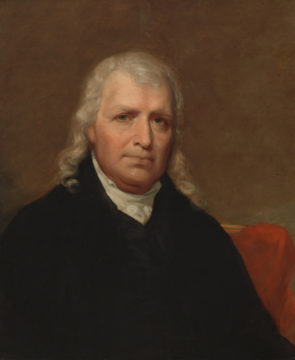
So frustrating, so very frustrating. In 1800, Jefferson had captured the Presidency, his young Democratic-Republican Party the House and Senate, and a new age was beginning. Out went the crabby, cranky John Adams and his bilious Federalists. In came lightness and hope and liberty, a true “Second Revolution.”
All except for those gatekeepers, the ones manning the “battery,” those accursed Federalist judges. Twelve years of Federalist rule had left 12 years of Federalist judges. On top of those, a lame duck Federalist Congress had passed, and a lame duck President Adams had signed, the Judiciary Act of 1801, creating even more of them. The image of Adams feverishly signing commissions as the candle of his Presidency burned down rankled every good Republican, starting at the very top.
Less than two weeks before he had written to Dickenson, Jefferson, in his first Annual Message, had called for Congress to repeal the Midnight Judges Act, and, within two months, they complied. All 16 of the new federal judges were shown the door. While there was some question about terminating the service of presumably lifetime appointments, there was little argument that Congress had the power to create or alter the composition of the federal bench, to add or subtract positions.
Republicans had found the means to eliminate the Midnight Judges, but without new slots, Jefferson had to wait for vacancies to fill, and vacancies were slow in coming. His relatively conciliatory early approach was insufficient for some in his party seeking positions, and likely emotionally dissatisfying to him personally. Jefferson had the job; he had the votes in Congress; why shouldn’t he be permitted to govern, unencumbered by his political opponents on the Federal bench? His conviction grew after his Republican majorities in the House and Senate expanded with the Midterms. The public had spoken; the Federalists were in a political death spiral; it was time for the obstruction to end. Read more »

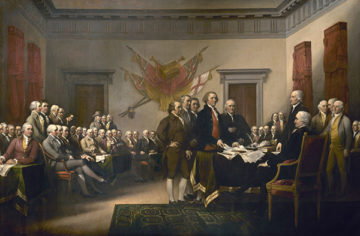
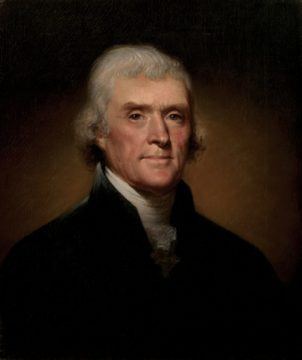
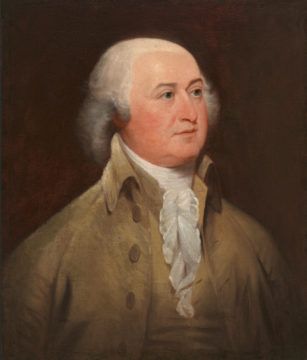
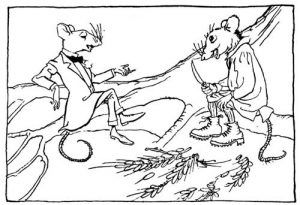 In 1790, shortly after the 13 states ratified the U.S. Constitution, the new federal government conducted its first population census. Its tabulations revealed an astonishingly rural nation. No less than 95% of all Americans lived in rural areas, either on a fairly isolated homestead (typically a farm) or in a very small town. How small? Fewer than 2,500 people. Meanwhile, just 1/20 of Americans lived in a town with more than 2,500 people. All told there were only 26 such towns, only half of which had so many as 5,000 people
In 1790, shortly after the 13 states ratified the U.S. Constitution, the new federal government conducted its first population census. Its tabulations revealed an astonishingly rural nation. No less than 95% of all Americans lived in rural areas, either on a fairly isolated homestead (typically a farm) or in a very small town. How small? Fewer than 2,500 people. Meanwhile, just 1/20 of Americans lived in a town with more than 2,500 people. All told there were only 26 such towns, only half of which had so many as 5,000 people